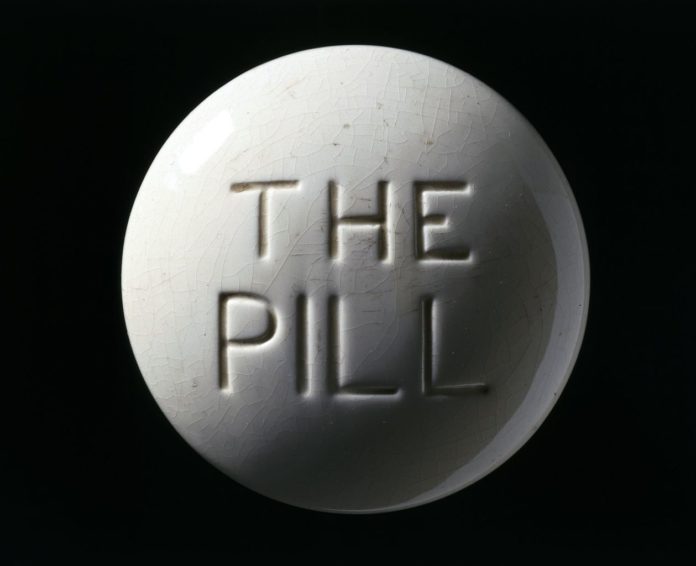Lancet study shows the effectiveness of polypill in preventing major cardiovascular events such as heart attack, stroke, heart failure
A once-daily polypill safely reduces the risk of major cardiovascular events such as heart attack, stroke, and heart failure by more than a third.
The results were studies for over five years and compared with those with lifestyle advice alone in the first large randomised trial of its kind involving almost 7,000 individuals aged 50–75 years in Iran. The effects were seen in a wide range of individuals, including those with and without a history of cardiovascular disease (CVD).
The findings, published in The Lancet, demonstrate for the first time the effectiveness of a fixed-dose combination polypill—containing two commonly used blood pressure lowering drugs, a cholesterol-lowering medicine, and aspirin—for both the primary and secondary prevention of CVD in the general population, and indicate that the benefits of widespread polypill use outweigh any known side effects.
Crucially, participants who took the polypill as directed (at least 70% of the time) saw the strongest protective effect against future cardiovascular events—cutting their risk by more than half (57%) compared with those given lifestyle advice only (86/2,144 [4%] vs 301/3,417 [9%]). Nevertheless, the authors did not observe a corresponding improvement in blood pressure.
This demonstrates for the first time the effectiveness of a fixed-dose combination polypill—containing two commonly used blood pressure lowering drugs, a cholesterol-lowering medicine, and aspirin—for both the primary and secondary prevention of CVD in the general population
This study is the first to have a sufficient sample size and follow-up time to assess the effect of the polypill on long-term fatal and non-fatal cardiovascular events in primary prevention.
“The idea of the polypill has always been appealing, and now we know that a fixed-dose polypill can achieve clinical benefits in practice,” says Professor Reza Malekzadeh from Tehran University of Medical Sciences in Iran who led the research. “Because the risks of side-effects from the components are very low, and the potential benefits are very high, the polypill is very safe. In terms of risk reduction, we can see the people who benefit most are those with high adherence. But the polypill is not an alternative to a healthy lifestyle and should be combined with physical activity, a healthy diet, and smoking cessation.”
“Polypills are commercially available in a number of countries for secondary prevention, but this is the largest trial confirming the value of the polypill and showing it is effective in primary prevention,” says co-author Professor Tom Marshall from University of Birmingham in the UK. “Because they have most to gain, the most efficient strategy would be to offer the polypill to those at highest risk of heart disease.”
Poor medication adherence is particularly common among patients with cardiovascular disease, with research suggesting that around a third of patients stop taking their medication as early as 90 days after having a heart attack. The polypill concept was first proposed almost 20 years ago as a simpler, cost-saving approach to improve medication adherence and reduce the cardiovascular disease burden. But evidence of the long-term effects of the polypill is lacking, particularly in primary prevention settings, and the polypill is still not widely used.
To provide more evidence, the PolyIran study recruited 6,838 individuals from the Golestan Cohort—a study tracking the health of over 50,000 adults from Golestan, a province in Iran. Between February, 2011, and April, 2013, participants aged 50 years or more living in rural areas were recruited. Around 1 in 10 had a history of CVD (737/6,838 participants), and over three-quarters of these (588/737) were using other cardiovascular drugs at the start of the study.
Compared with lifestyle advice, taking the polypill reduced the risk of major cardiovascular events by 34% overall—and by around 40% in individuals without a history of CVD over five years (136/3,033 [4.5%] vs 229/3,068 [7.5%]), and by approximately 20% in those with previous CVD (66/388 [17%] vs 72/349 [21%]). The effects were similar in both men and women and the old and young. After adjusting for participants taking other cardiovascular drugs, the overall protective effect of the polypill was reduced to 22% (from 34%) but remained statistically significant.
Systolic and diastolic blood pressure did not differ significantly between the groups, but LDL cholesterol was significantly lower in polypill arm.


